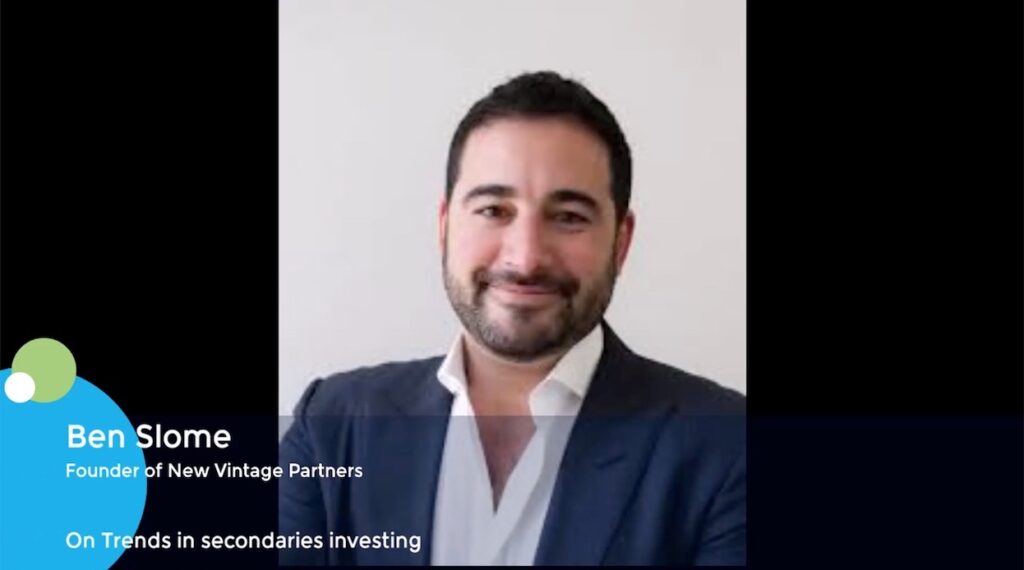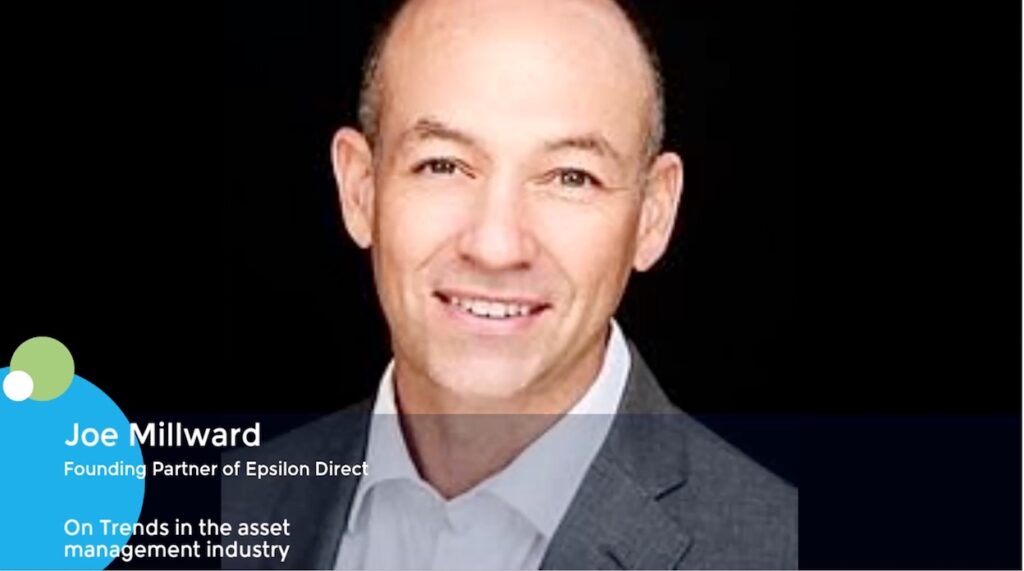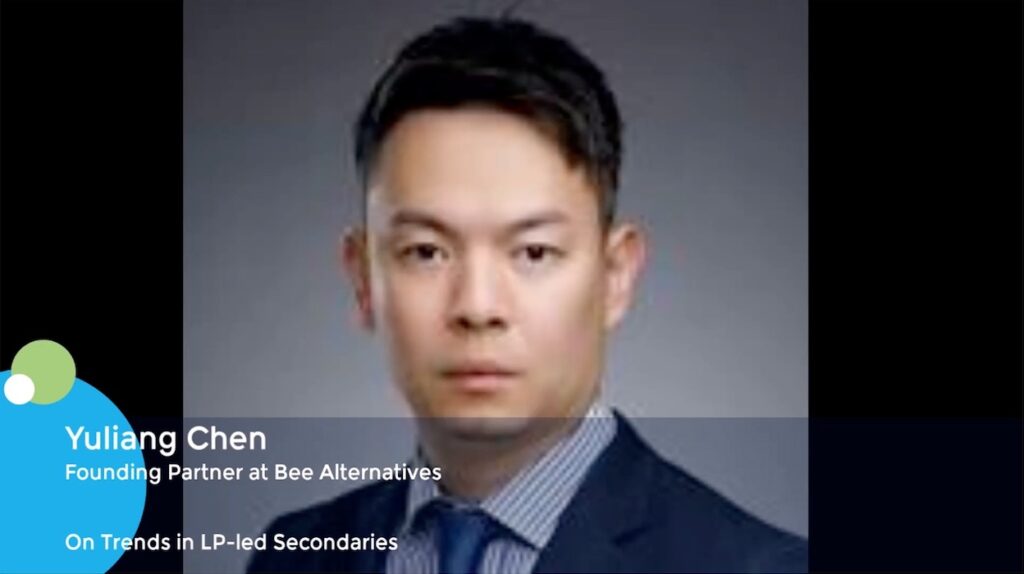LPs in Asia: Dinesh Hinduja Family Office warns of ‘serious attrition’ in Indian venture
- Lagging returns in India could result in serious consolidation of the GP space
- Digital consumerism is the exception in venture, producing outstanding returns
- Family offices must be careful to avoid emotion-led direct investment strategies
As global LPs, once burned by India, flirt with re-entering the market, as local managers raise ever larger funds, as domestic capital discovers private equity, and as the IPO market remains robust, there is renewed confidence in an expansion of the homegrown GP universe. This comes with a big caveat though, especially on the VC end of the market.
Jai Rupani, CIO of Dinesh Hinduja Family Office (DHFO), observes that tangible returns remain lacking, noting that even the billion-dollar tech funds have not generated meaningful distributions to paid-in (DPI). Meanwhile small VC funds appear to be proliferating with little chance of success.
“There are a lot of funds out there and new managers coming out daily, so I think we’re going to have a watershed moment and see serious attrition,” Rupani said. “In five years, I don’t think half the managers will be standing because the ones that set up funds 10 years ago will have an edge. They’ve already built the networks, have track records and teams.”
DHFO was set up in 2011 to manage the wealth of Dinesh Hinduja, who founded garment company Gokaldas Exports alongside his brothers in 1979. The company went public in 2007 and was shortly thereafter sold to Blackstone in a USD 165m deal.
Rupani, Dinesh Hinduja’s son-in-law, held various roles in the broader Gokaldas group of companies, most notably leading the real estate development arm for eight years. His cautious streak arguably traces back to experience as a technology-focused investment banker in San Francisco during the dotcom bust of the late 1990s and early 2000s.
He spent two years with India’s True North after the middle market private equity firm raised about USD 400m for its third buyout vehicle, then under the name India Value Fund. This experience informed his transition to the LP side, when he helped organise DHFO in 2011.
“You look at 1,000 deals; by the second review, it’s 300; by the third, it’s 30, and then you invest in one. If you have to do that with a small team in a family office, it’s not possible,” Rupani said. “You’ve got to have a strong team with networks to get intelligence and execution knowledge. So, we chose the LP route.”
Trend spotting
DHFO has a team of nine investment professionals, five of whom focus on real estate. Alternatives represents about 15% of the overall portfolio, of which about 80% is in VC.
There are positions in 12 GPs globally, including blockchain architecture specialist Liberty City Ventures (cryptocurrencies are not of interest) and fellow US fintech investor Ribbit Capital. Indian relationships include Kae Capital, Chiratae Ventures, and Fireside Ventures.
To some extent, DHFO’s venture exposure can be explained by minimum cheque size challenges in private equity; fund commitments top out around USD 2m. But even in small funds, there are high standards in terms of strategic positioning, GP commitment, and individuals’ skin in the game.
“If the GP has USD 5m personally, not counting his house, is he putting USD 2.5m into the fund? If not, I’m not putting my money in,” Rupani said, noting that every GP in his portfolio is backed across multiple vintages
Enduring faith in venture has also been supported its ability to tap surging growth and promising fundamentals in the consumer space. Consumer brands-focused Fireside has demonstrated this opportunity most clearly, delivering standout distributions from its debut fund.
Rupani sees the Indian consumer opportunity as a unique confluence of cultural, demographic, technological, and infrastructural developments. New-age models that tap into this cocktail are of significant interest, among them, the “quick commerce” instant delivery trend.
“I’ve monitored my behaviour and my peer group and found that we’re ordering 60% less on Amazon. I’m ordering on the 10-minute apps for everything – batteries, bread, appliances, random stuff,” Rupani said. “One thing I’ve learned in life is, when your behaviour changes, go figure out the stocks you need to buy to ride that wave.”
This is one area where, because it has done its own research and sought out the opportunity, DHFO could be tempted to make a direct investment. However, proposals for direct investments will generally be immediately discarded on the basis that such deals cannot be done piecemeal.
One of the main pitfalls of family offices in venture is a willingness to participate in direct deals outside of their core business expertise, according to Rupani. Too many investors are seduced by the dopamine hit of tinkering in the cutting edge and the potential for a homerun.
“If you’re a family office and want to do seed, please understand you’ve got to do 100 deals in five years for the numbers to pan out,” he said. “You need to hire staff for that, compensate them like a fund and give them carry, so they don’t leave you. India has a lot of churn. Every two years, people flip, and then you’re left holding the bag with 100 babies.”
The proliferation of governance problems in the upper echelons of India’s start-up scene suggest that indiscriminate direct investing is not just a seed problem.
The country’s largest venture-backed company, Byju’s, has become the posterchild for this phenomenon. The edtech platform, wholly unrelated to DHFO, raised money earlier this year at a USD 20m valuation, down from a peak of USD 22bn only two years ago. Its scandal-ridden crash is seen as part of a pattern.
“You must have a very clear moral compass, or it gets murky. So, I get very upset when I see all these governance blow-ups in India. What’s the need?” Rupani said, declining to reference specific companies.
“These are the big guys, raising USD 100m with good credentials and cooking the books. Who’s doing the due diligence? It’s a disgrace, the behaviour of a few founders taints the entire industry and stifles growth. As an investor, it worries me.”
Network effect
Helping to guide family offices, big and small, through these waters has become a significant endeavour for Rupani, who set up Aikya Connect, a single family office private investment network in 2021. Aikya’s core mission is to facilitate peer-to-peer fellowship and knowledge sharing for single-family offices in a private, quiet, closed-door context.
“We will stop at 100 members since it’s a close fellowship,” he explained. “We’re not acting as wealth managers or distributing products. No one wants to be photographed. We don’t even talk about half of what we do.”
Many of the insights discussed in this invite-only forum boil down to tempering the excitement that comes with investment, especially in instances when the younger generation of a family office may be taking the reins for the first time.
Among the most common learning pains involves a family office that finds itself a small cheque in a hot start-up despite having no particular strategic value to the investee. There is a feeling of euphoria as later-stage rounds come into focus, promising substantial returns, followed by a crash to earth upon getting elbowed out.
“The founder will tell you that you’re getting a respectable 3x return in three to four years, but you can’t hang on for the journey and do your pro rata to get your additional 5x because, frankly, you’re not meaningful enough,” Rupani said.
“You took the highest risk, opened the most doors, and then got kicked out. That’s the reality. It’s imperative to know: what’s your right to win to stay in the game?”











